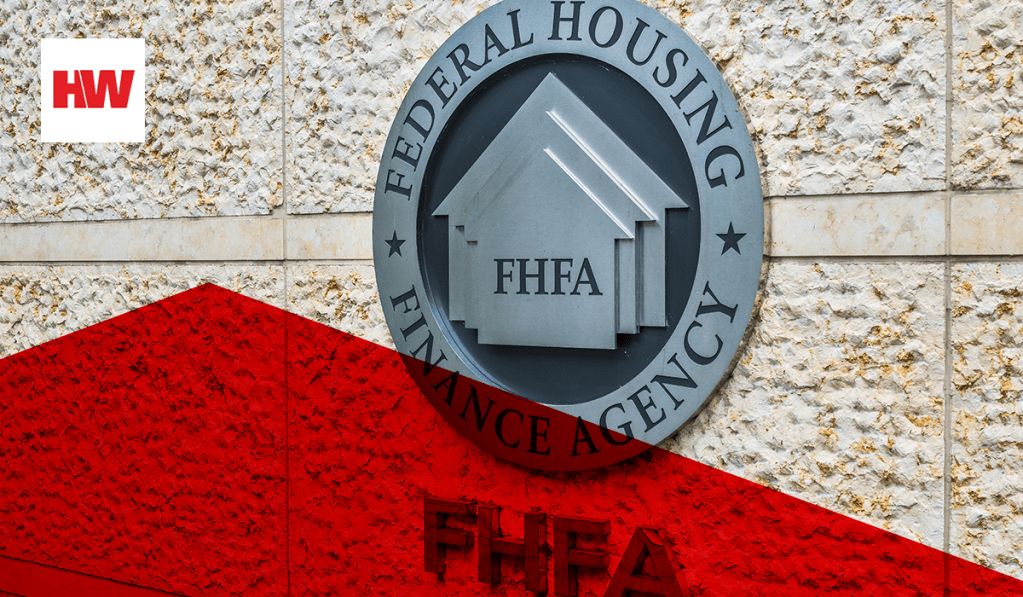The Federal Housing Finance Agency (FHFA) will review the enterprise regulatory capital framework in the “near term,” officials said — after getting an earful from industry players since unveiling a new securities fee.
For now, however, the new 50 basis point fee charged on securities backed by one enterprise and later secured by the other, is here to stay. Despite the “extensive” engagement it said it had with stakeholders, the regulator said Fannie Mae and Freddie Mac will charge the fee “as scheduled.” The implementation date for the new fee was July 1.
Agency officials also reiterated its support for the uniform mortgage-backed securities market.
“FHFA remains committed to the continued strength and resilience of the [uniform mortgage-backed securities] market, given the significant improvement in liquidity and stability that UMBS has afforded the To-Be-Announced (TBA) market,” according to a Thursday night statement from the agency.
Fannie Mae and Freddie Mac representatives declined to comment. A spokesperson for Fannie Mae did not immediately respond to a request for comment.
The fee announcement prompted immediate backlash from various people in the mortgage finance industry. Some in the industry speculated the fee was meant to subsidize core mission borrowers, but the FHFA quickly dismissed that theory: The FHFA said the move implemented the 2020 enterprise regulatory capital framework, which assigned a 20% risk weight to such securities.
Is investor appetite for non-QM changing?
In 2022’s changing market, non-QM has been a hot topic for many. HousingWire recently caught up with Steven Schwalb, managing partner of Angel Oak Lending, about the changes investor appetite has gone though for non-QM.
Presented by: Angel Oak
Industry stakeholders who opposed the fee said they appreciated the FHFA’s willingness to listen to feedback.
Still, that feedback has not slowed the timeline for implementing the fee. Sources close to mortgage backed securities investors have said both GSEs began charging the fee almost immediately — ahead of the July 1 implementation date.
Some stakeholders said the fee was antithetical to the idea of a uniform mortgage backed security, and would erode the system, which the GSEs implemented in 2019. Others called the imposition of the new fee a “money grab.”
Researchers at the Urban Institute, a progressive think tank, said the new fee would threaten the single security system for which FHFA officials have professed support. The single-security approach had paved the way for long-term reform, Urban researchers wrote, by leveling the playing field between Fannie Mae and Freddie Mac securities.
With the new fee, “investors may begin to pay more for Fannie Mae’s security, again forcing Freddie Mac to pay lenders a premium to make up for the weaker investor demand for their security,” the researchers wrote.





